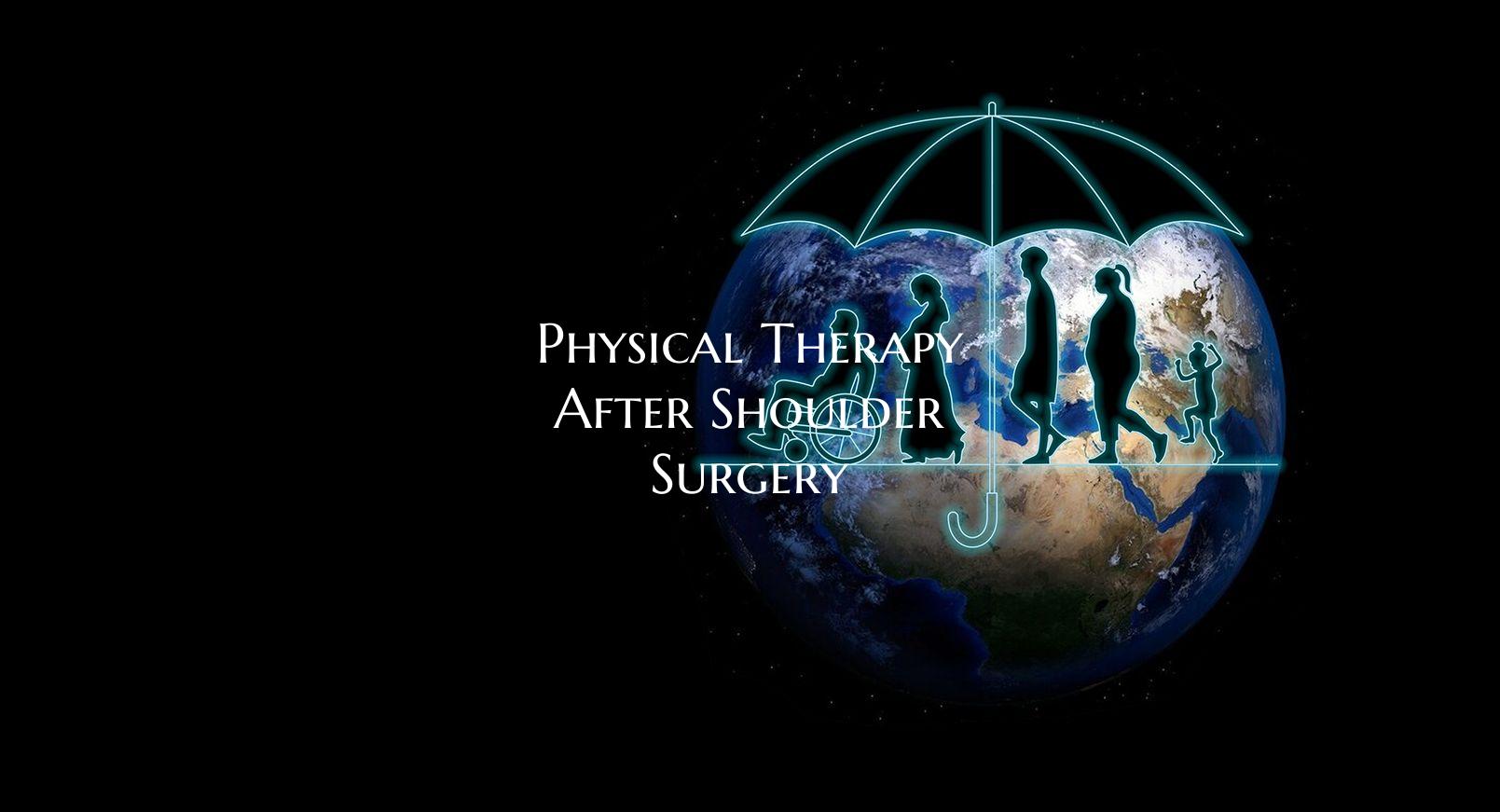
Physical Therapy After Shoulder Surgery
Shoulder surgeries are common procedures that aim to alleviate pain, restore function, and improve the quality of life for individuals suffering from shoulder injuries or conditions. While surgical interventions play a vital role in addressing structural issues, the journey to full recovery does not end in the operating room. Physical therapy after shoulder surgery is a crucial component of the rehabilitation process that can enhance outcomes, promote healing, and facilitate a successful return to daily activities and sports.
1. Optimizing Healing: Physical therapy plays a key role in optimizing the healing process after shoulder surgery. Through targeted exercises and modalities, physical therapists help promote circulation, reduce swelling, and prevent stiffness. These interventions can aid in preventing scar tissue formation and improving range of motion, enabling the shoulder to regain strength and functionality over time.
2. Restoring Range of Motion and Strength: Following shoulder surgery, patients often experience decreased range of motion and muscle weakness due to immobilization and surgical trauma. Physical therapists design individualized rehabilitation programs that focus on gradually restoring flexibility and strength in the shoulder joint and surrounding muscles. Progressive exercises help improve shoulder stability, enhance muscle tone, and regain functional movement patterns essential for daily tasks and recreational activities.
3. Pain Management: Post-operative pain is a common concern for individuals undergoing shoulder surgery. Physical therapists employ various techniques such as manual therapy, therapeutic exercises, and modalities like ice and heat to manage pain effectively. By addressing pain symptoms early on and teaching proper pain management strategies, physical therapy can enhance patient comfort and adherence to the rehabilitation program.
4. Promoting Functional Independence: The ultimate goal of physical therapy after shoulder surgery is to promote functional independence and a successful return to activities of daily living. Therapists focus on enhancing coordination, balance, and proprioception to support patients in regaining confidence in using their shoulder for daily tasks such as dressing, grooming, and reaching overhead. Functional training tailored to individual goals and lifestyle helps individuals rebuild strength and endurance necessary for work and recreational activities.
5. Preventing Recurrence and Complications: Engaging in a structured physical therapy program after shoulder surgery can aid in preventing the recurrence of injuries and complications. By addressing postural imbalances, correcting movement patterns, and educating patients on proper shoulder mechanics, physical therapists play a crucial role in reducing the risk of future shoulder problems and ensuring long-term shoulder health.
In conclusion, physical therapy after shoulder surgery is an indispensable part of the recovery process that offers numerous benefits for patients seeking to regain optimal shoulder function and quality of life. By working closely with a skilled physical therapist, individuals can receive expert guidance, support, and encouragement throughout their rehabilitation journey, ultimately assisting them in achieving a successful recovery and returning to a fulfilling, active lifestyle.